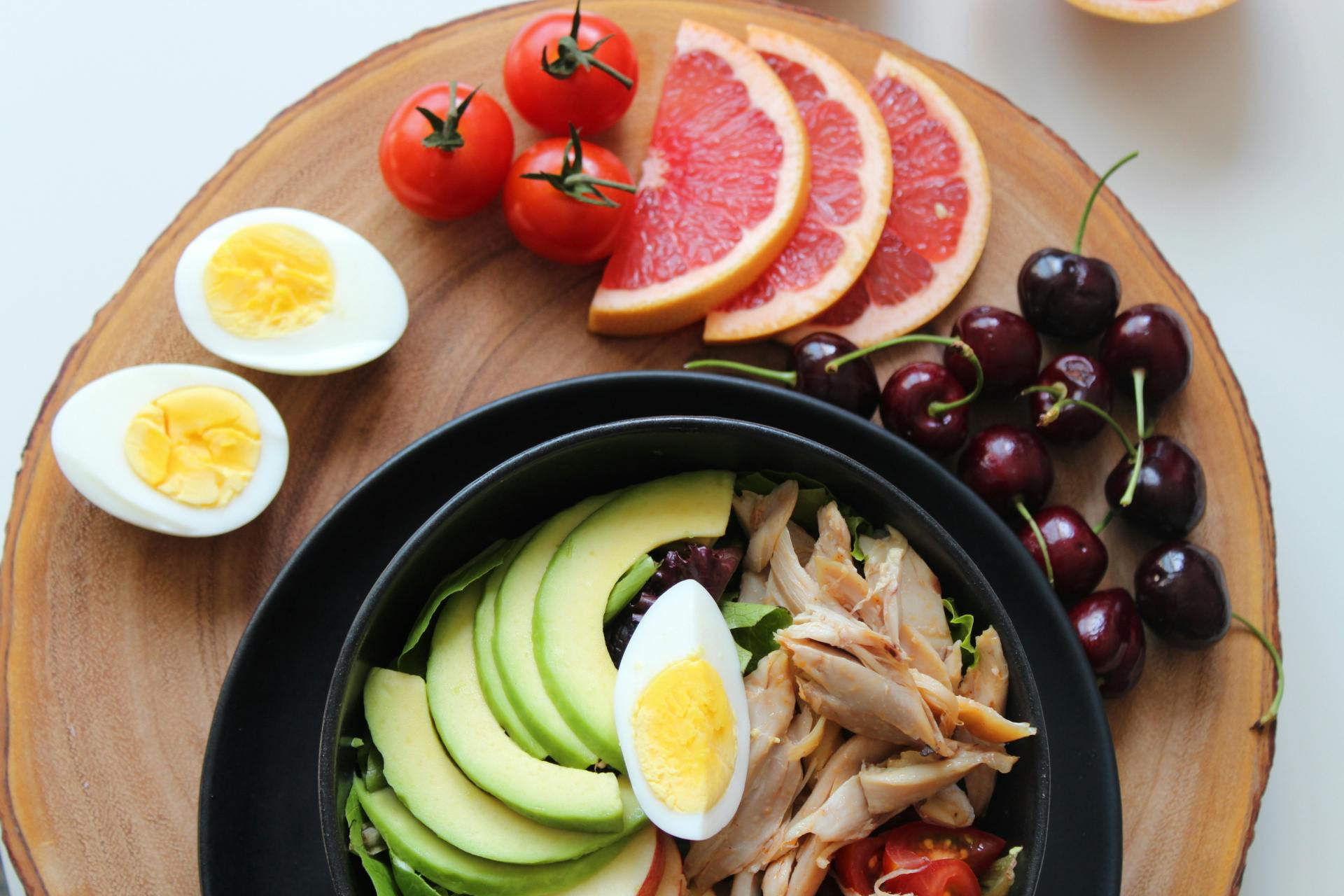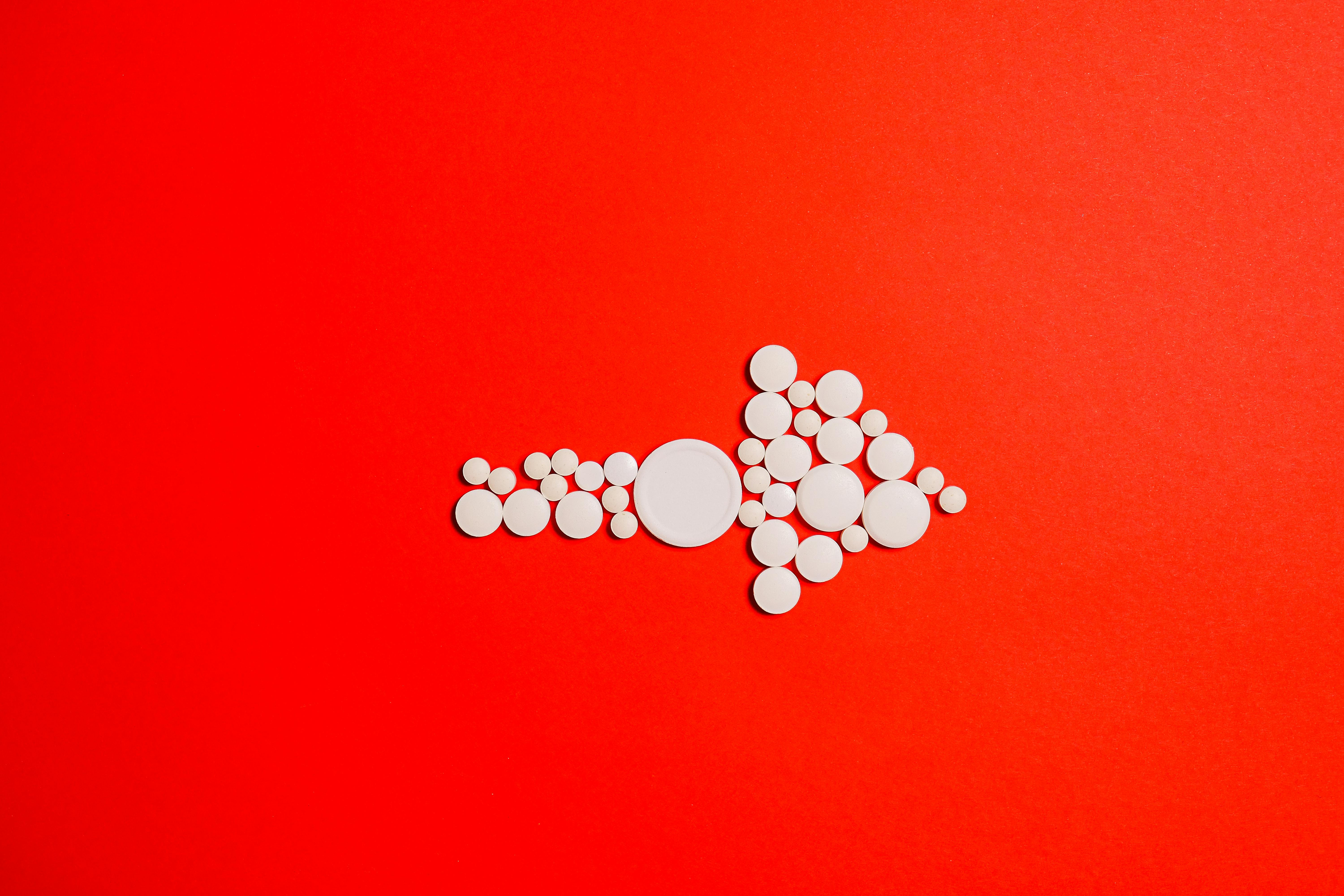
Understanding the Diet-Stool Connection
What you eat has a direct impact on how your digestive system works. For example, high-fiber foods like vegetables, fruits, and whole grains help soften your stool, making it easier to pass. On the flip side, a diet low in fiber, heavy in processed foods, or lacking enough water can lead to hard, uncomfortable stools. Understanding these connections can help you make diet choices that support smooth and regular bowel movements.
Fiber is a crucial part of this equation. It comes in two main forms: soluble and insoluble. Soluble fiber absorbs water and forms a gel-like substance, which makes your stool soft and easy to pass. You can find soluble fiber in foods like oats, apples, and beans. Insoluble fiber adds bulk to your stool and helps move food through your digestive system faster. It’s found in whole grains and most vegetables. Both types of fiber are important, so eating a mix of fiber-rich foods is key.
How Different Nutrients Impact Stool Health
Each nutrient you consume plays a specific role in how well your digestive system works. Let's take a closer look at some of the main nutrients and how they affect stool appearance and consistency.
- Fiber: Fiber is like your gut's best friend. It adds bulk to your stool and makes it easier to pass. Soluble fiber, found in foods like beans and oats, absorbs water and helps form a soft, well-shaped stool. Insoluble fiber, in foods like whole grains and leafy greens, keeps food moving through your digestive tract.
- Water: Think of water as the lubricant your digestive system needs. It keeps your stool soft and helps prevent constipation. When you’re dehydrated, your stool can become hard and painful to pass.
- Healthy Fats: Healthy fats, like those found in avocados, nuts, and olive oil, keep food moving smoothly through your digestive system. But be careful—too much fat can slow things down and make digestion sluggish.
- Probiotics: These are the 'good bacteria' found in foods like yogurt and kimchi. Probiotics help keep your gut healthy by balancing the bacteria in your intestines, which can improve stool consistency and make digestion easier.
Balancing these nutrients is key. A diet rich in fiber, adequate in healthy fats, and paired with plenty of water can help you maintain regular bowel movements and a happy gut.
Tips for Diet Choices that Promote Healthy Stool
Eating the right foods and staying hydrated can make a big difference in your digestive health. Here are some simple tips to help you keep your stool regular and healthy:
- Incorporate Fiber Gradually: Don’t overwhelm your system by eating too much fiber at once. Instead, add fiber slowly to your meals to give your body time to adjust and avoid bloating.
- Stay Hydrated: Drink water throughout the day. A good rule of thumb is to aim for at least 8 glasses, but you may need more if you're active or in a hot climate.
- Balance Healthy Fats: Include sources of healthy fats, like olive oil and avocados, in moderation. These fats can help keep digestion smooth but remember that balance is key.
- Choose Whole Foods: Whenever possible, pick whole, unprocessed foods over refined options. Whole foods contain more fiber and nutrients, which are better for your gut health.
Remember, everyone’s digestive system is different. What works for one person might not work for another, so it's important to listen to your body and adjust your diet as needed.
Latest Research: Nutrition and Digestive Health
Research is showing more and more how what we eat impacts our gut health. Eating a variety of colorful fruits, vegetables, and fiber-rich foods can keep your digestive system in good shape and help prevent common problems like constipation or diarrhea. Studies have also shown that staying hydrated and getting enough healthy fats are essential for keeping everything running smoothly.
As we learn more about the gut, it’s becoming clear that taking care of your digestive health through diet is one of the best things you can do for your overall well-being.
Practical Tips for Combining Diet and Digestive Health
Here are a few more practical strategies to help you maintain a healthy gut and regular bowel movements:
- Listen to Your Body: Your body is good at telling you what it needs. If certain foods make you feel bloated or uncomfortable, try to avoid them and see if it makes a difference.
- Avoid Processed Foods: Processed foods are often low in fiber and high in sugars and unhealthy fats. Choosing whole, nutrient-dense foods can help improve your digestion.
- Eat at Regular Times: Having meals at consistent times each day can help your digestive system stay on a regular schedule.
- Stay Active: Exercise isn’t just good for your heart; it also helps keep your digestive system active. Even a short walk can promote healthy bowel movements.
A Deeper Look at How Diet Affects Stool Health
Here we dive further into how how diet affects stool health interacts with digestion. Over time, repeated exposure can influence gut bacteria, nutrient absorption, and overall comfort.
Long-Term Strategies
- Maintain a consistent eating schedule to support digestion.
- Monitor how your body reacts to specific foods or habits related to this topic.
- Introduce more whole foods and reduce heavily processed options.
- Prioritize regular physical activity to keep your gut moving.
- Seek professional guidance if symptoms persist or worsen.
Applying these long-term strategies can help safeguard your digestive health and keep issues related to this topic under control.
Key Takeaways
- Keep a food and symptom diary to identify patterns.
- Stay hydrated and aim for a balanced, fiber-rich diet.
- Consult a healthcare professional for persistent issues.
References for the Curious Minds
- Jones, L., & Thompson, P. (2022). Diet and Stool Health: Exploring the Fiber Connection. Nutrition Journal, 21(4), 299-310.
- Wang, X., & Li, Q. (2021). The Role of Nutrition in Digestive Function. Journal of Digestive Health, 14(6), 123-135.
- National Institutes of Health. Digestive Health Topics.
- Doe, J. (2024). Advances in Digestive Wellness. Digestive Science Journal, 10(2), 50-60.
- World Health Organization. (2023). Nutrition and Gut Health Overview.


